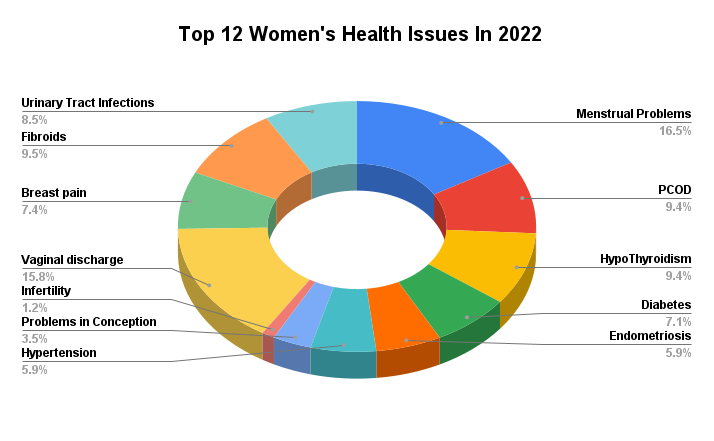 Worried that eating a Mango will lead to weight gain? Even the largest mango would hardly be 110 cal. It’s not the mango that makes you fat. A 100-gram mango contains 75 calories and a larger one approximately 107 -130 calories depending on the size.
Worried that eating a Mango will lead to weight gain? Even the largest mango would hardly be 110 cal. It’s not the mango that makes you fat. A 100-gram mango contains 75 calories and a larger one approximately 107 -130 calories depending on the size.
Now consuming one medium-sized mango is perfectly fine, so long as you follow my thumb rule of consuming a couple of nuts immediately after the fruit (so that the simple sugars in the fruit, don’t raise your blood sugar levels to fast. The fibre in the nuts stabilize that effect).
Mangoes Have A Number Of Health Benefits
- Rich in Vitamins and Minerals: They are loaded with antioxidants and Vitamin A, C, E, Thiamine and several minerals.
- Anti-Cancer Properties: It is high in soluble dietary fibre known as pectin. A scientist has identified a strong link between eating lots of fibre and a lower risk of cancer of the gastrointestinal tract. A cup of sliced mangoes (around 165 gram) contains 76 percent of the needed daily value of vitamin C, a potent antioxidant which helps protect cells from free radical damage and reduces the risk of cancer.
- Eye Health: They are rich in vitamin A that promotes eye health and prevents dryness of the eye.
- Digestion: They contain enzymes that aid protein metabolism and digestion. The fruit is also rich in fibre and helps prevent constipation.
- Acne and skin: Mango pulp when rubbed on the face can help cure acne and soothe the skin. It promotes great complexion and hence, is a vital ingredient in many cosmetic products and creams.
- Rich in Vitamin E: They contain vitamin E that regulates sex hormones and boosts sex drive.
- Boosts Memory & Concentration: Mangoes are excellent for children. Serve during breakfast or while they are studying for exams, as mango has the ability to boost concentration levels and memory.
- Gain Weight: Mangoes blended with whole milk and dates help put on weight
- For Diabetics: Even though high in sugar, they can be given in moderation to a person who is diabetic. Its best served with high fibre food like oats or muesli (chop a mango and add it to the oats, porridge or muesli), so blood sugar levels are regulated. Mangoes are low GI foods, so they would not have a negative impact unless eaten at the wrong time and in the wrong quantity.
For those watching their weight, indulge in a mango a day, if it’s a large mango, share it. If you have two mangoes in a day (moderation is key), then have other low sugar fruits like banana, berries, or oranges, on that day and eat fibre foods. The combination of mango and sugar, for example in a shake or smoothie, is what makes it dangerous for our weight and sugar levels. So eat the fruit whole and in its natural form.
Did this article help you? Let us know in the comments below. Learn more on nutrition here or just speak to a GOQii Coach by subscribing to Personalised Health Coaching here.
#BeTheForce



 If a woman lifts weights, does she bulk up like a man would? Will it change her appearance to a more muscular one like those guys at gyms who rip through every piece of heavy equipment they can get their hands on? Very few women desire that bulky or ripped look but those who don’t, tend to avoid using weights at all.
If a woman lifts weights, does she bulk up like a man would? Will it change her appearance to a more muscular one like those guys at gyms who rip through every piece of heavy equipment they can get their hands on? Very few women desire that bulky or ripped look but those who don’t, tend to avoid using weights at all.


